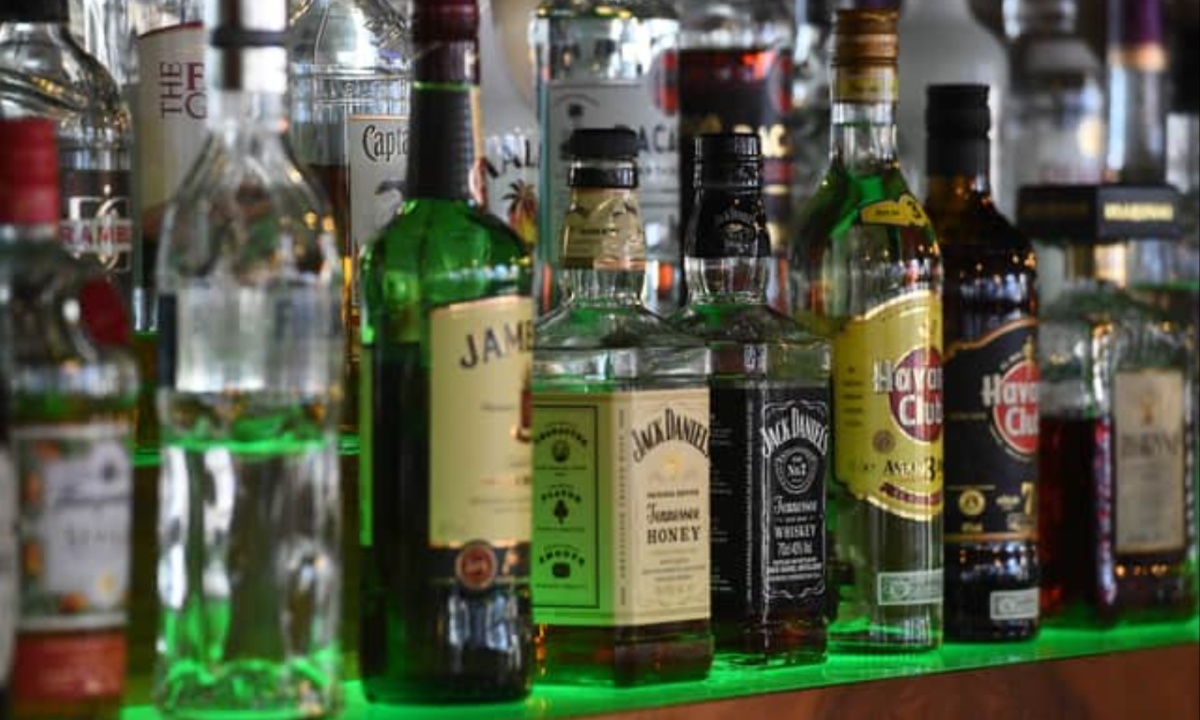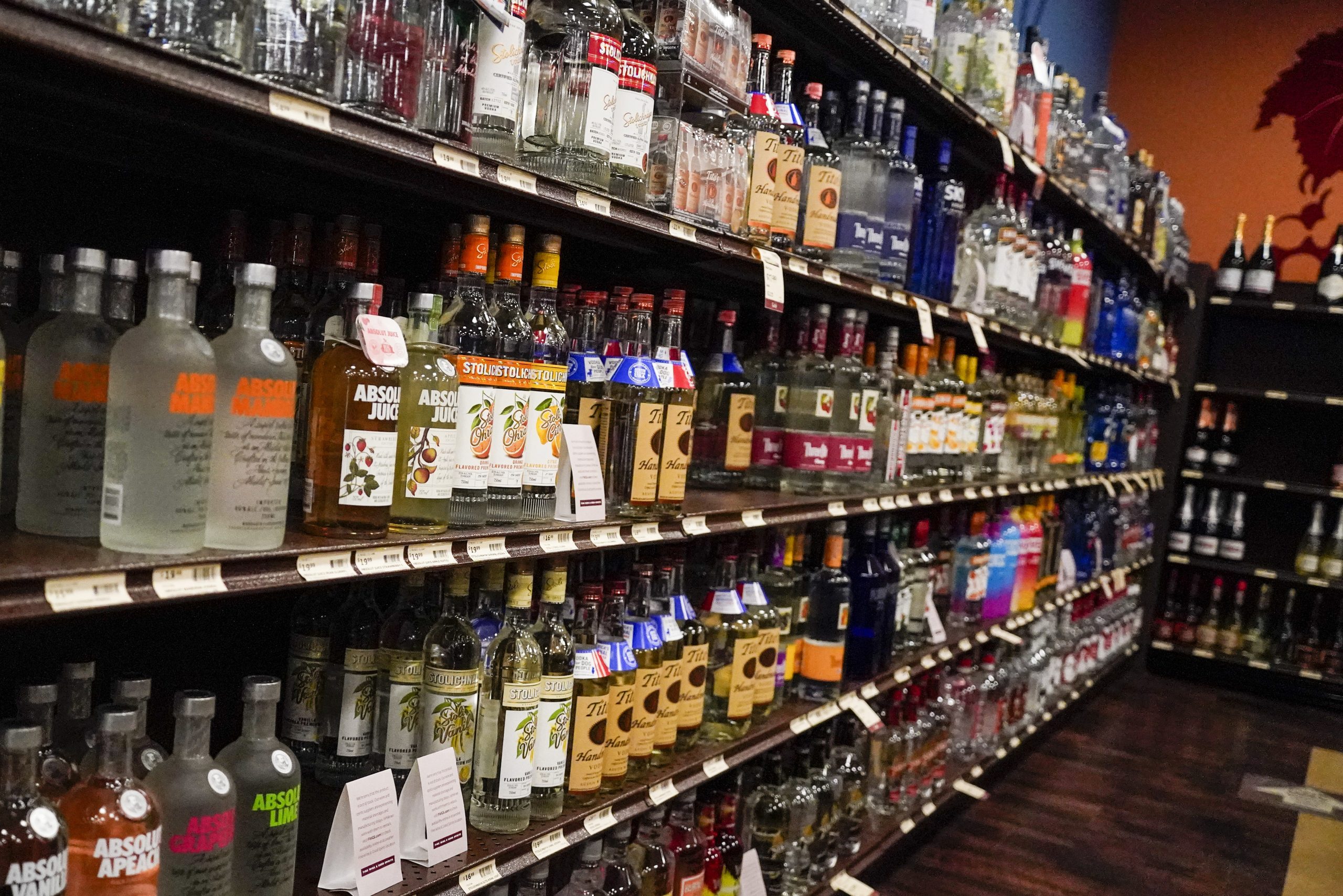Starting Saturday, the cost of wine and spirits will rise due to an increase in taxes and duties. The new system will base alcohol duties on the strength of drinks, leading to higher levies on stronger beverages. Industry representatives, such as the Wine and Spirit Trade Association (WSTA), have criticized the move, calling it a “bitter blow.”
A bottle of 14.5% ABV red wine will see a 54p increase in duty, while a bottle of gin will go up by 32p. These changes are expected to make alcoholic drinks more expensive for consumers while adding financial strain on businesses.
Tax Cuts for Pubs and Draught Beer
There is some relief for pubs as a tax reduction on draught beer will also take effect. The government has introduced a 1.7% tax cut on draught alcohol under 8.5% ABV, translating to a 1p reduction per pint. This is the first duty cut of its kind in a decade and is aimed at helping pubs compete with supermarkets.
The Society of Independent Brewers believes this measure will benefit pubs by making draught beer slightly more affordable and encouraging customers to visit rather than buy alcohol from retail stores.

Alongside the general tax increase of 3.6%, additional duty rises will be imposed based on alcohol strength. Temporary relief for certain wines is also ending, adding to price hikes.
The WSTA argues that these tax increases are counterproductive because alcohol tax revenues have actually declined compared to the previous year. WSTA chief executive Miles Beale claims that raising duties discourages people from buying alcohol, which ultimately reduces government revenue and negatively impacts businesses.
Government Justification and Business Reactions
The Treasury has defended the reforms, stating that they simplify the duty system while encouraging consumers to opt for lower-strength alcoholic drinks. The government is also increasing small producer relief for products under 8.5% ABV, a move valued at £85 million.
However, critics argue that other financial pressures, such as rising employers’ National Insurance contributions (NICs) and the increase in the minimum wage, will force businesses to raise their prices. Many pub owners believe these added costs will outweigh the benefits of the draught beer tax cut.
Pub owners warn that increasing employment costs will likely result in a 30p to 40p rise in the price of a pint. Wetherspoons CEO Tim Martin has stated that his company will face an additional £80 million in employment expenses due to these changes.
Industry leaders argue that government policies place a greater financial burden on pubs compared to supermarkets, which are better equipped to absorb costs. Meanwhile, unions defend the minimum wage increase, criticizing large companies for complaining while still making significant profits. These combined factors will make it difficult for pubs to keep prices low, leading to higher costs for consumers.


